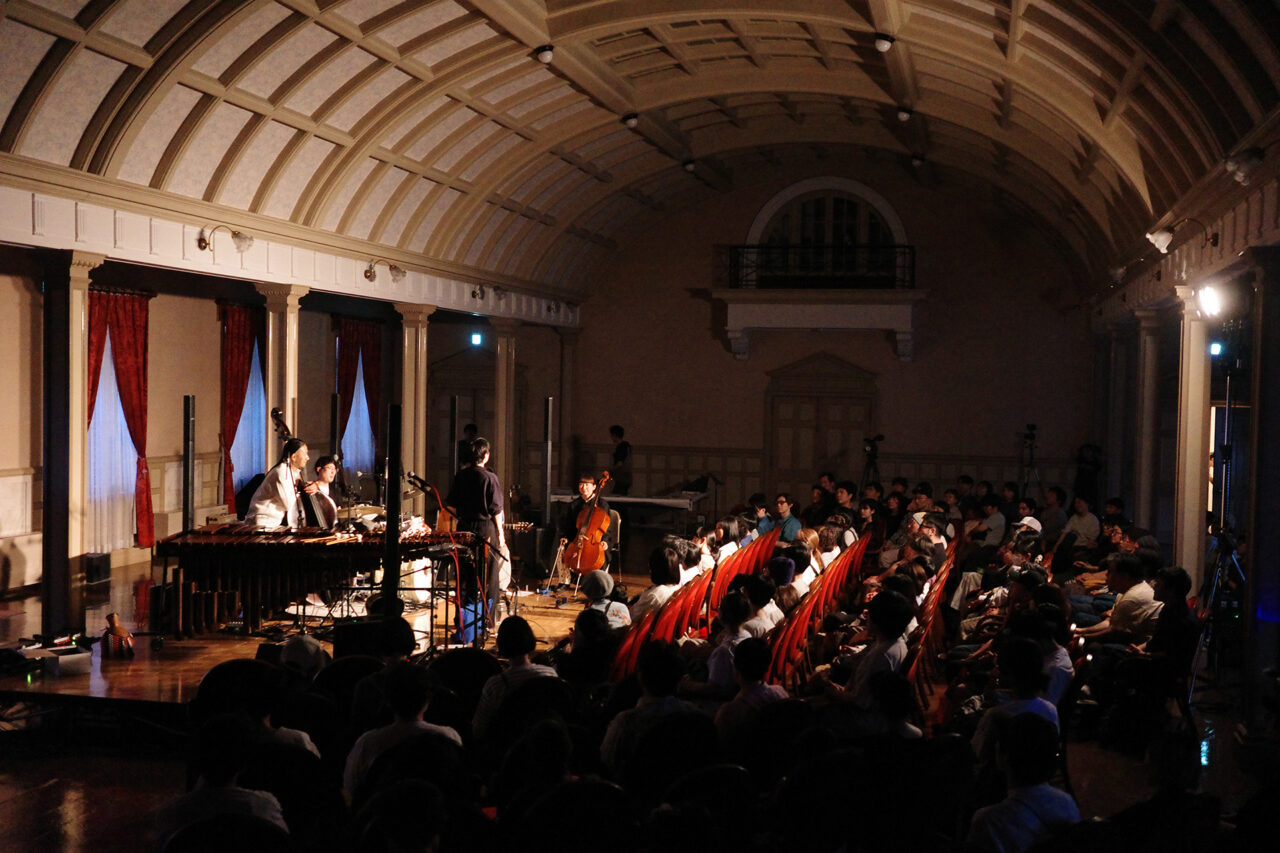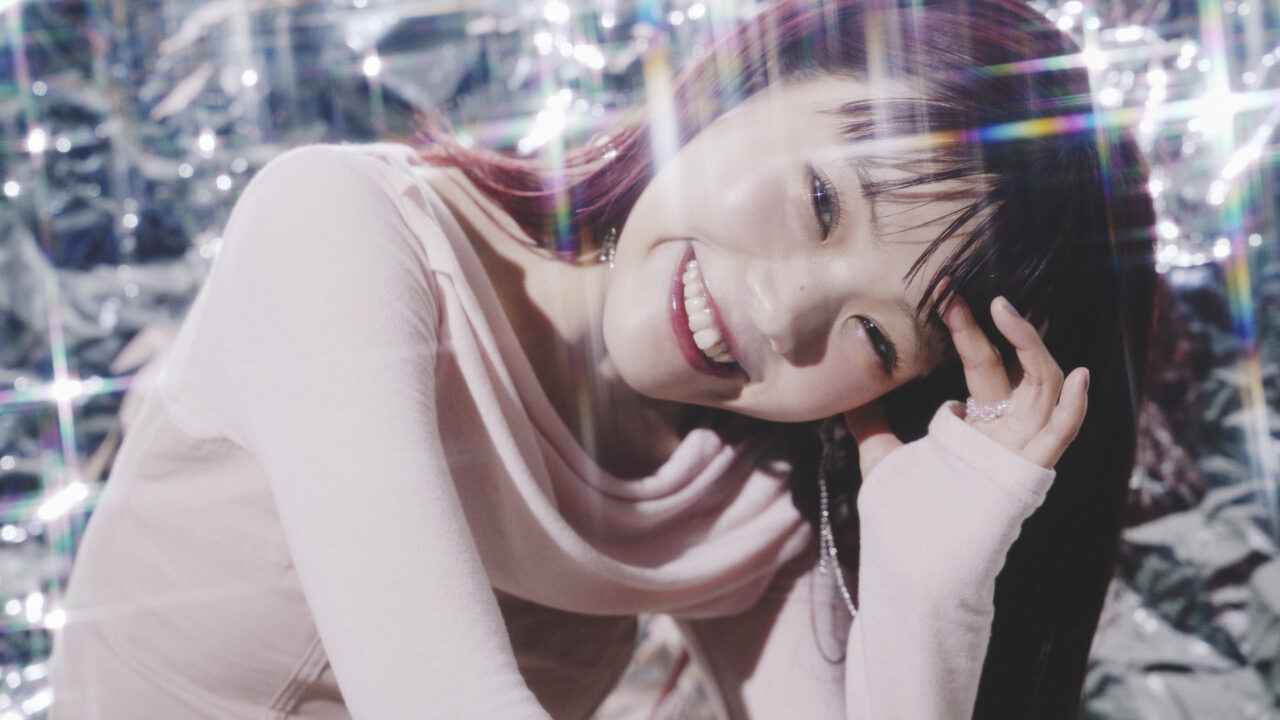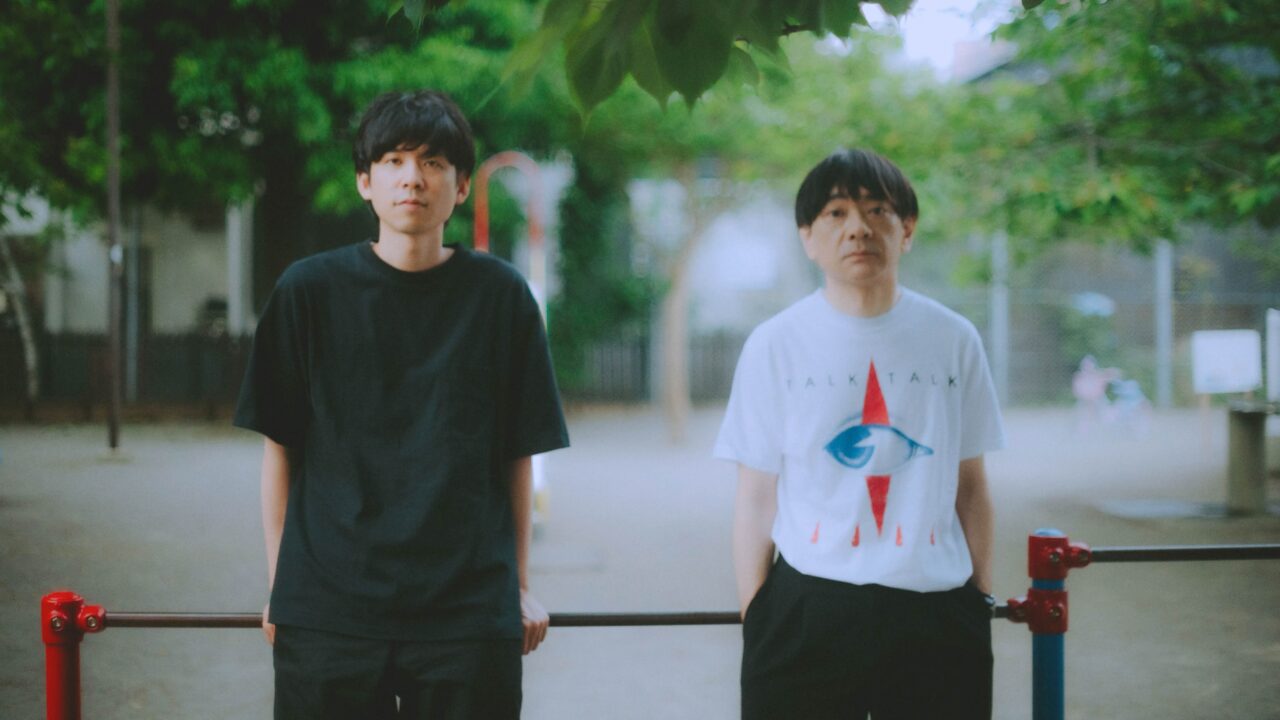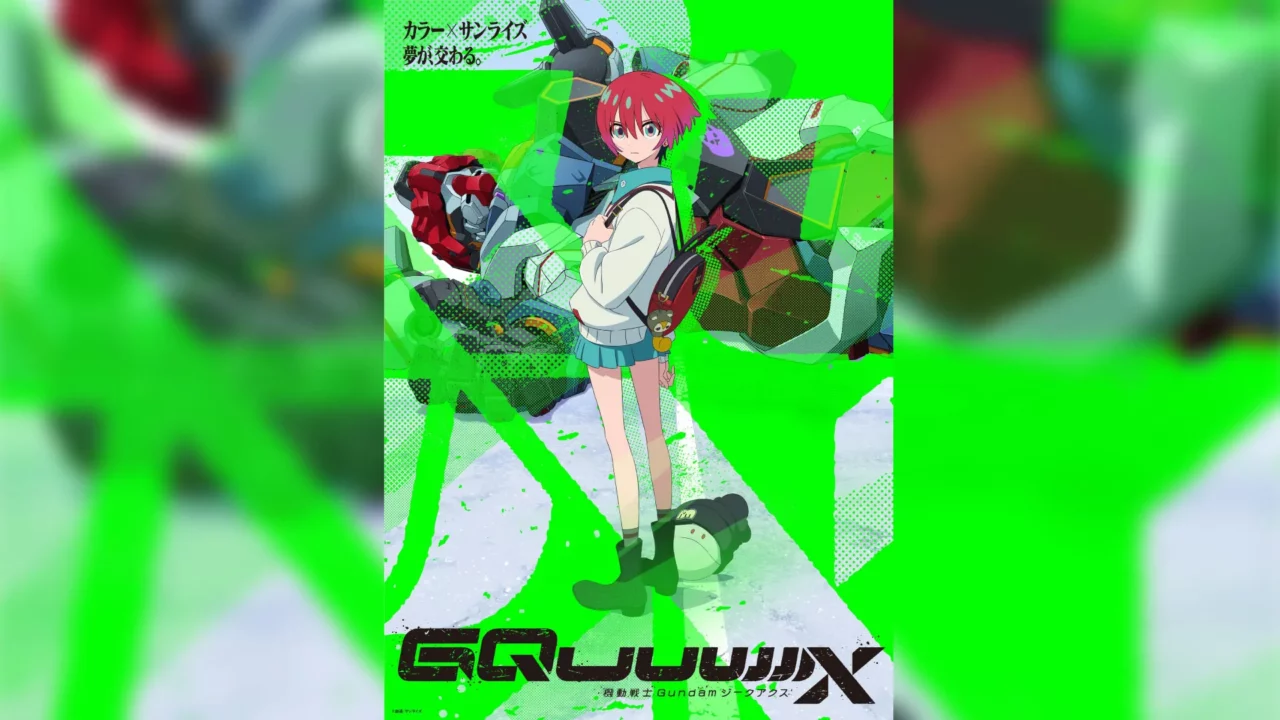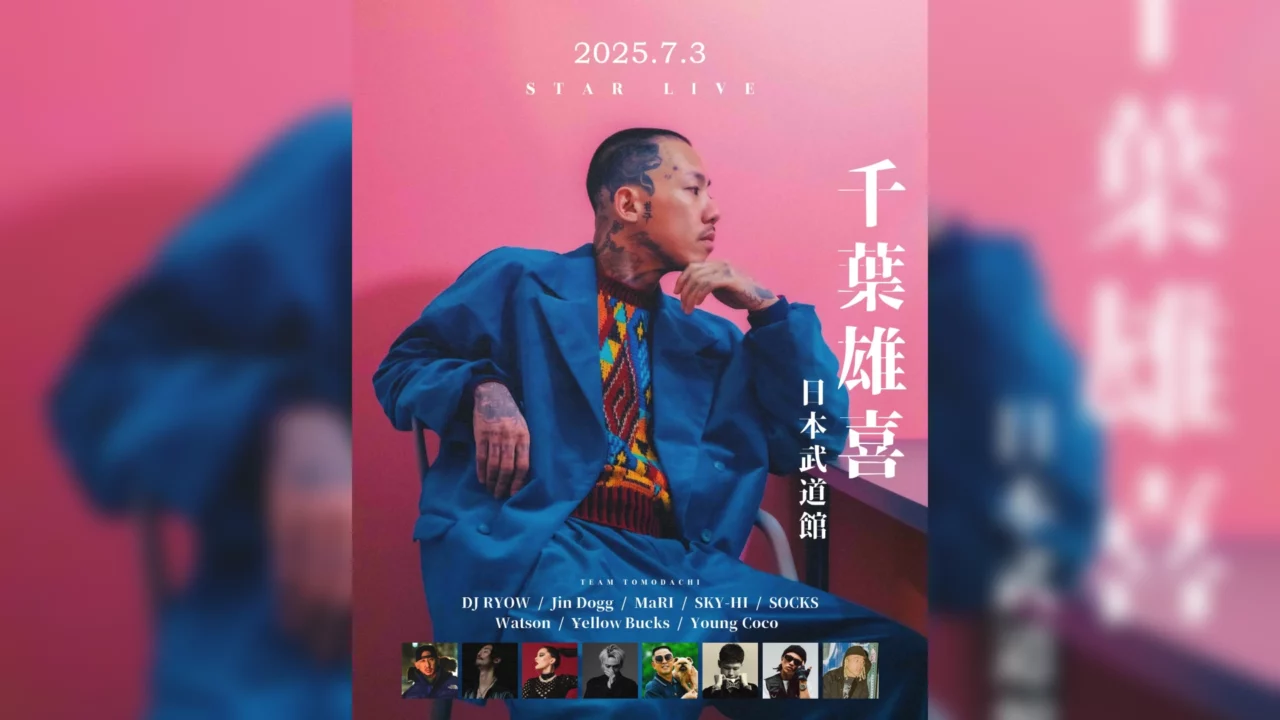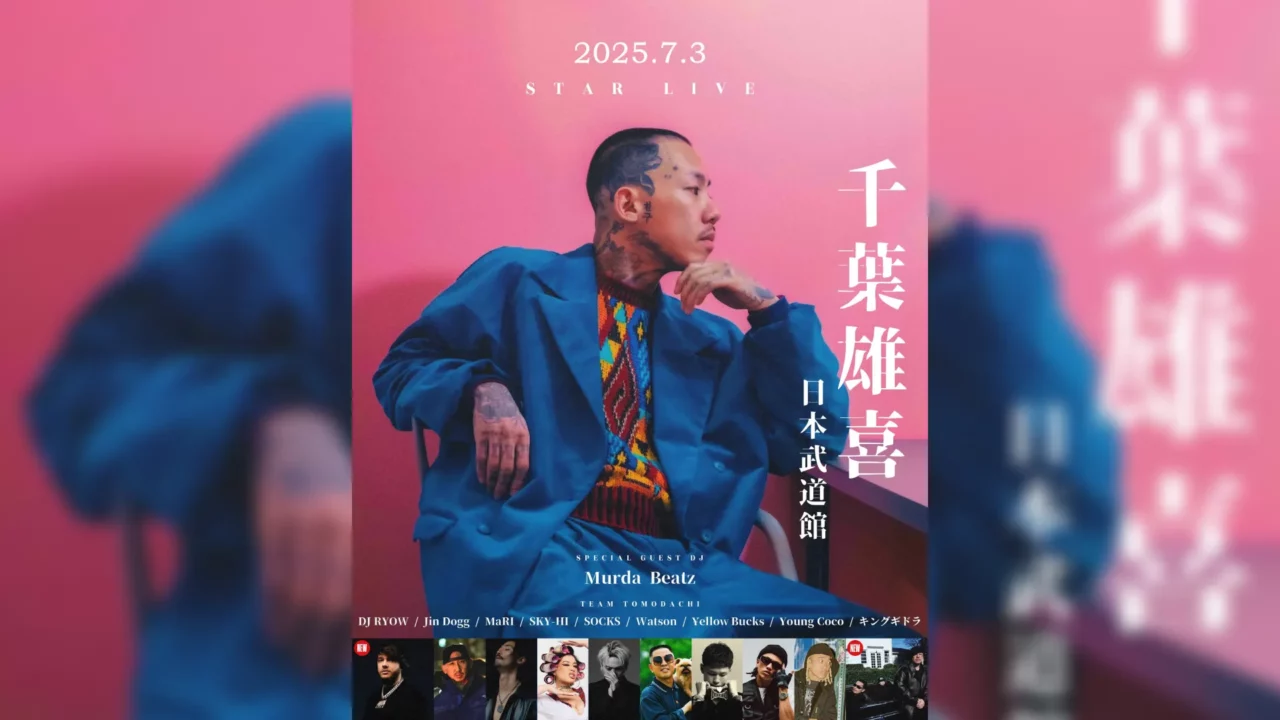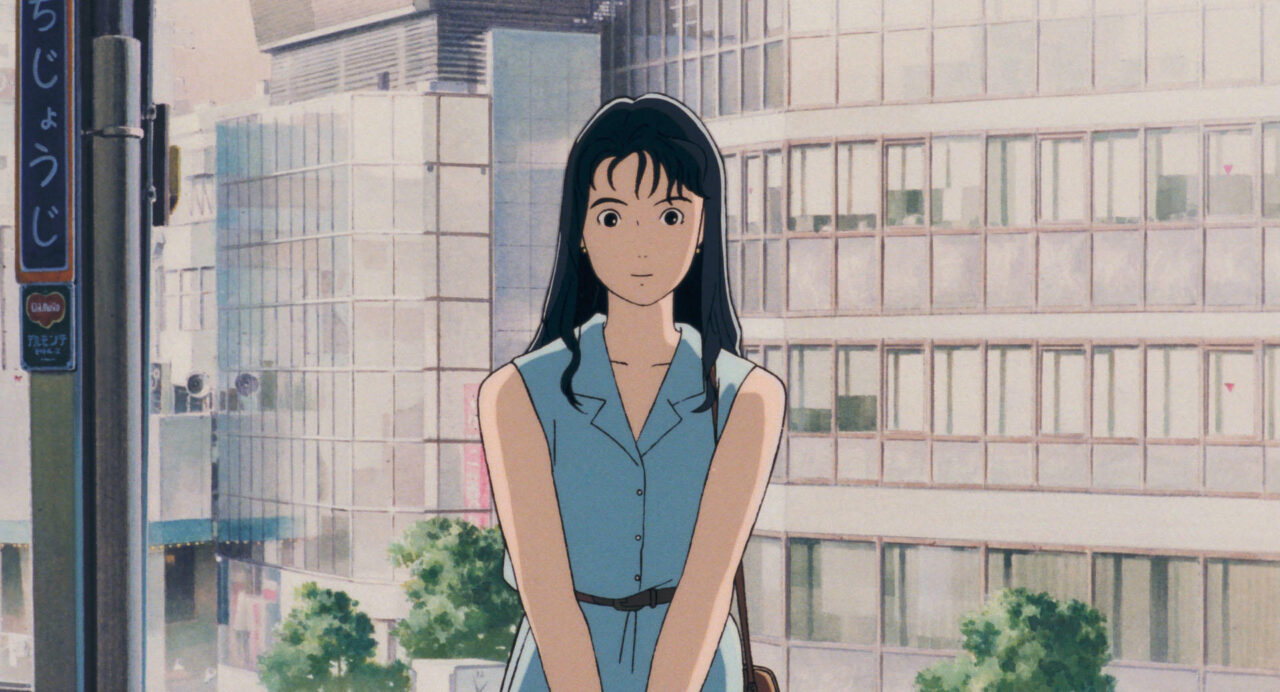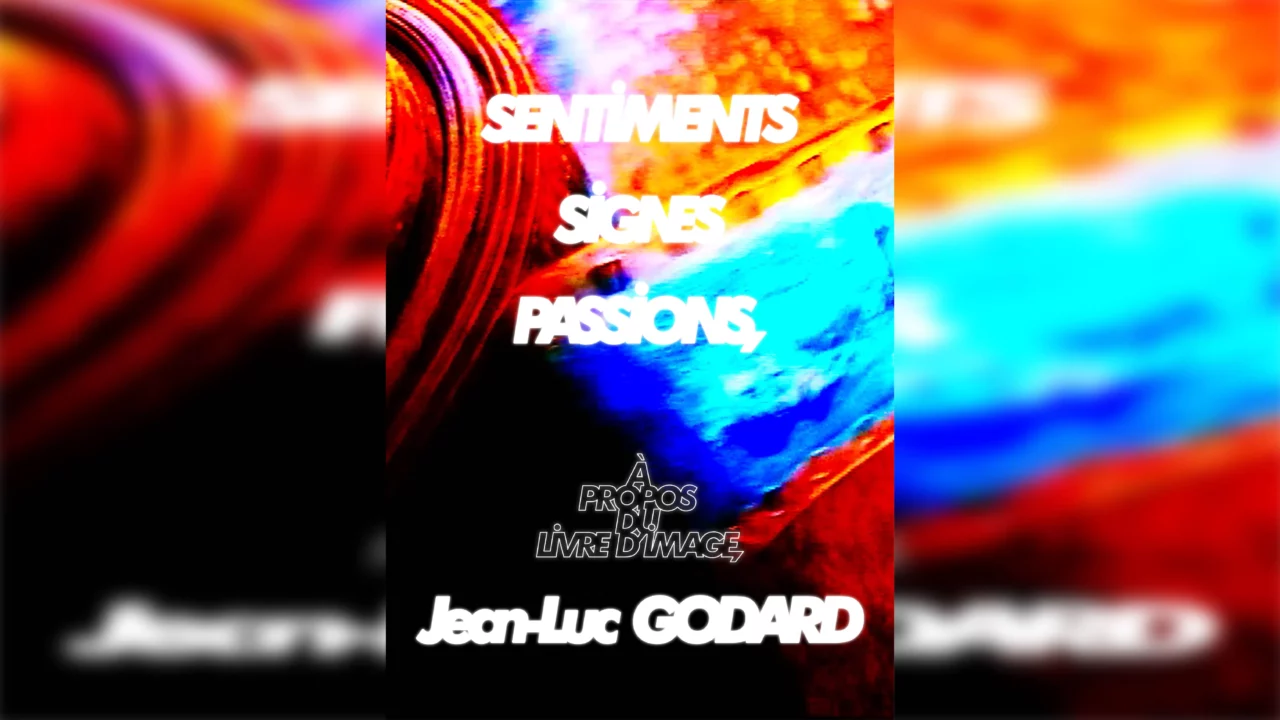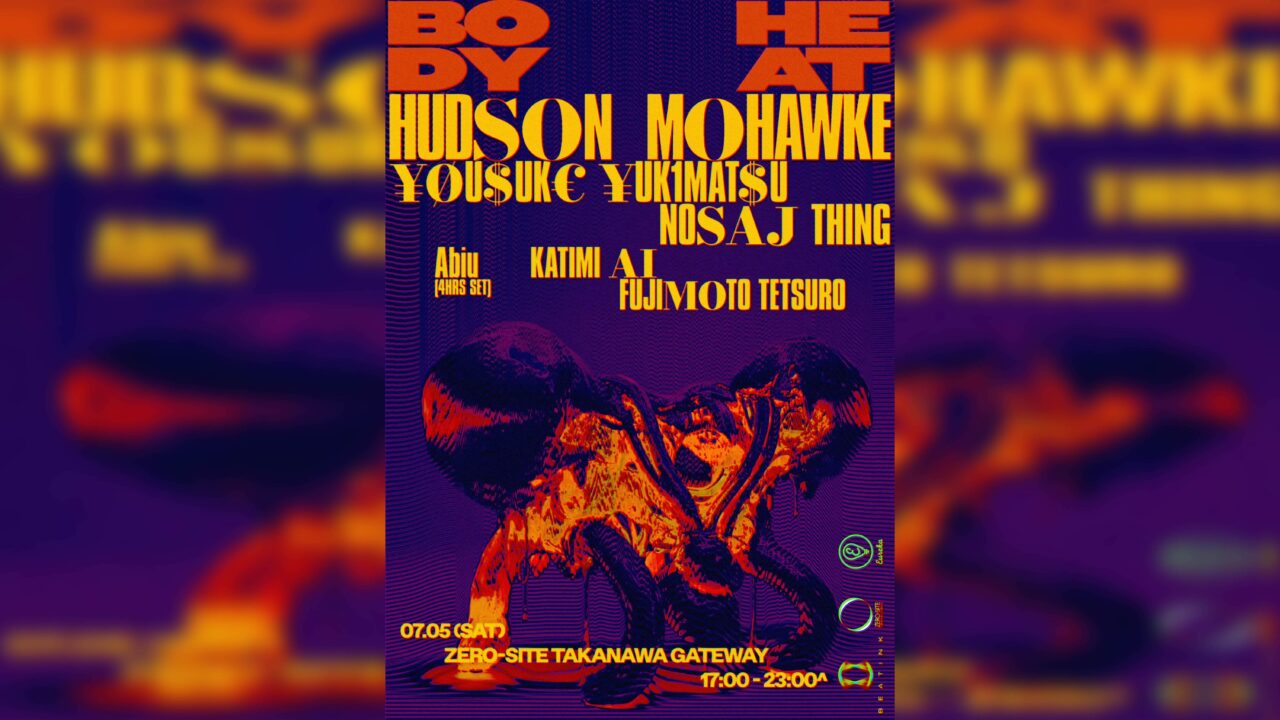Satoko Shibata’s debut essay collection, “Kiregire no Diary 2017-2023,” serialized in “Bungakukai” and published by Bungeishunju, reflects on various aspects of her life over the approximately seven years. From contemplating independence while gazing at Chanel’s 9-color eyeshadow to envisioning an ideal home with a standalone sink, the essays delve into her thoughts triggered by a long-awaited drinking session, the day she wore a bikini to the beach, dreaming of a rebirth by discarding all her clothes, and the peculiar absence of invitations to help with moving.
Throughout these seven years, Satoko shares her lighthearted discoveries and tactile experiences with the world in a charming manner. Despite being known as a musician, poet, and recently, a writer of novels and children’s books, Satoko Shibata discusses the distinct challenges of essay writing compared to composing music. She reveals her habit of maintaining a diary and shares the mindset she embraced while working on this collection.
INDEX
Inspired by Momoko Sakura: ‘It’s Meaningless if It’s Not Interesting

Singer/songwriter/poet, started her career in 2010 after a comment from her former teacher at university. 2012, she made her album debut with her first album “Shibata Satoko Island.” 2022, she released her sixth original album “Bochibochi Galaxy.” 2016, she released her first In 2016, he published his first collection of poems, “Sabaku. In 2023, he published “Kireigire no Diary,” a collection of essays that he wrote for the literary magazine “Bungakukai” over a period of seven years. On November 22, 2023, he released the single “Shiroi Uza” (White Chair).
In your afterword, you wrote that you felt “extremely embarrassed” about your past manuscripts.
Shibata: “Was I thinking like this?” I was aghast when I was working on the draft. I think I was even more incoherent and messed up than I am now. I was in my thirties when this series began, but I was reading it over again and thinking that if I had been like this at the age of 25 or so, I could still forgive myself (laughs).
(Laughs.) But when it’s about yourself, it’s hard to forgive, isn’t it?
Shibata: I just can’t give up on my desire to become a respectable person.
What do you mean by “a respectable person” in your opinion?
Shibata: I want to be respected by people, to be dependable, to be a good person, and so on (laughs). I know it’s impossible, but I can’t give up hope.
Especially at the beginning of the series, I felt more strongly than I do now that “if it’s not interesting, it’s meaningless,” and I’m quite embarrassed to admit that I exaggerate a bit. I was also embarrassed to exaggerate my writing. I had an image that an essay should be something that made people laugh like Momoko Sakura did.
So you were influenced by Sakura.
Shibata: I used to read a lot. Sakura’s pop-ness is amazing. But I think I took on the challenge without really analyzing how Sakura-san does it. But I recently realized that readers are not really looking for “hilarity. In an essay feature in Bungakukai, Matsuo Suzuki wrote, “I also realized that readers are not looking for ‘fun’ in writing,” which made me nod my head.

I was nodding my head when you wrote in your essay “Kireigire no Diary” that “readers are not looking for ‘fun’ in writing.
Shibata: I like to read plain, stiff sentences like newspapers, rather than the broken-down, frank style, so this is one thing I was conscious of when I was given this opportunity.
Yes, that’s right.
Shibata: Oh, yes. I admire that kind of writing. It is a systematic and correct Japanese language. If I say it is uninteresting, it may be uninteresting, but in the end, what is written is easy to convey.
Is “ease of conveyance” an important point for you?
Shibata: I don’t write sentences that are easy to convey (laughs).






